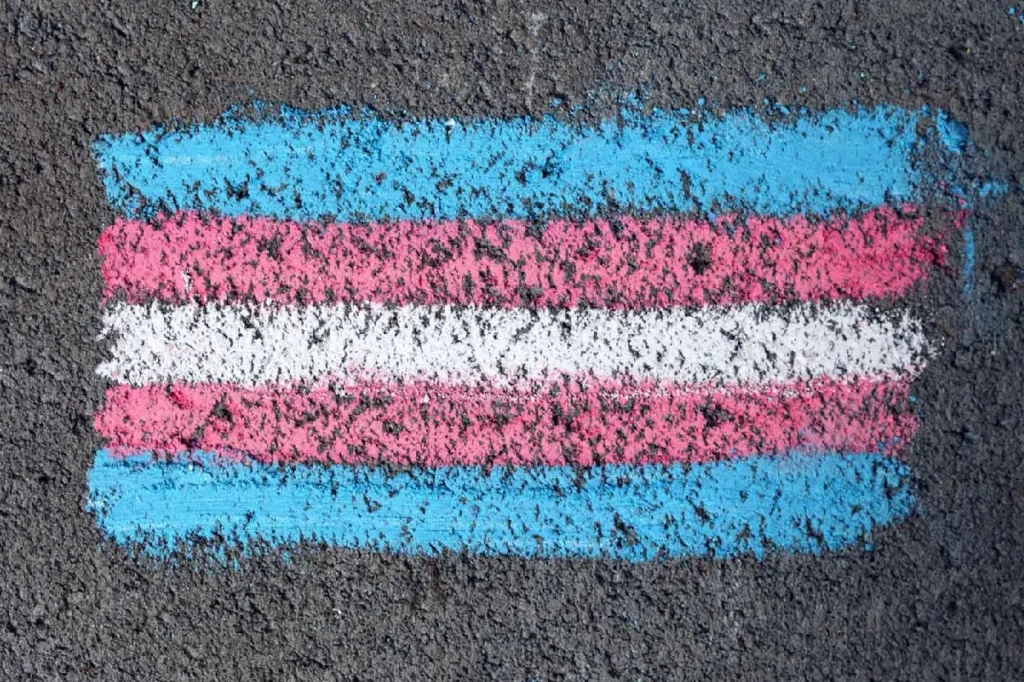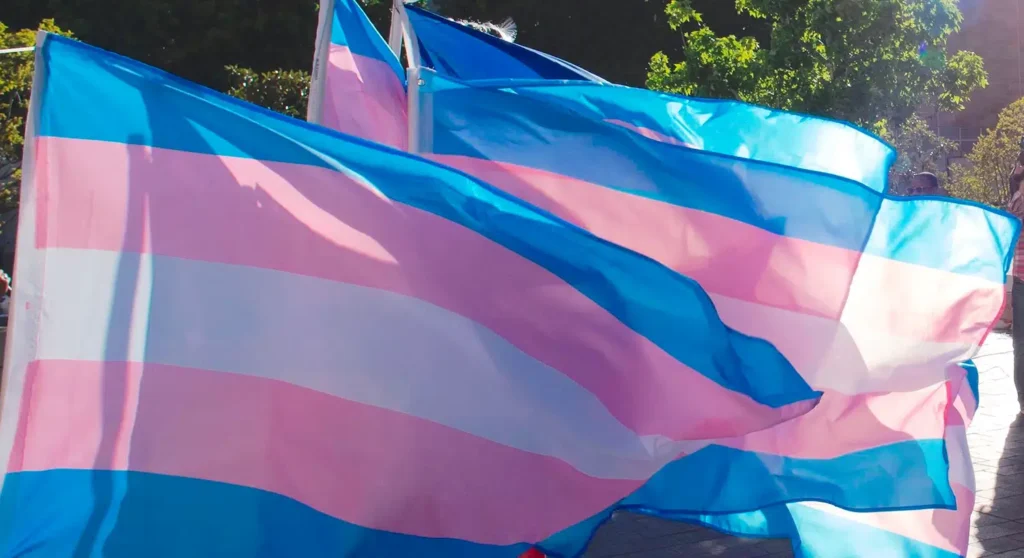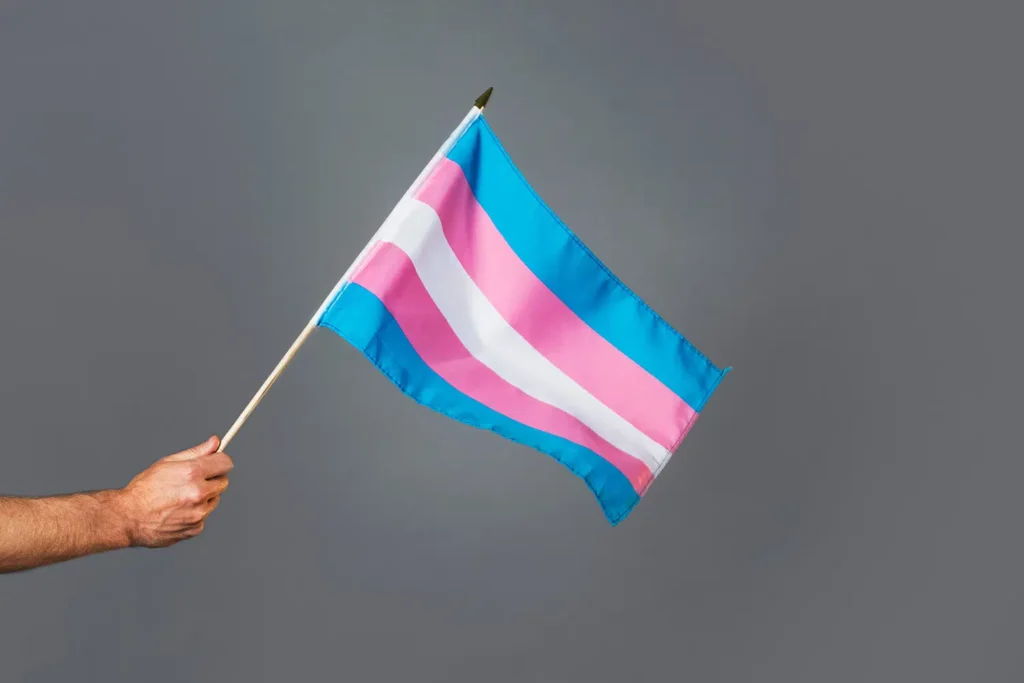Introduction:
Gender dysphoria is a complex and multifaceted phenomenon characterized by distress or discomfort resulting from incongruence between one’s assigned gender at birth and their experienced or expressed gender identity. For many transgender individuals, navigating gender dysphoria can be a challenging journey fraught with emotional, social, and physical obstacles. However, there are various treatments and strategies available to help manage gender dysphoria and support individuals in their quest for self-affirmation and authenticity. In this comprehensive guide, we will explore a wide range of approaches – from medical interventions to social support networks – aimed at empowering transgender individuals to navigate gender dysphoria with resilience, dignity, and empowerment.

Gender-Affirming Hormone Therapy:
Gender-affirming hormone therapy is a cornerstone of medical treatment for transgender individuals seeking to align their physical characteristics with their gender identity. Hormone therapy involves the administration of exogenous hormones, such as estrogen or testosterone, to induce changes in secondary sex characteristics consistent with the individual’s gender identity. For transgender women, estrogen therapy can lead to breast development, softening of skin, and redistribution of body fat, among other changes, while transgender men may undergo testosterone therapy to develop facial and body hair, deepen their voice, and increase muscle mass. Hormone therapy can alleviate gender dysphoria by bringing one’s physical appearance more in line with their gender identity, as well as promoting a greater sense of congruence and well-being.
Gender-Affirming Surgeries:
Gender-affirming surgeries, also known as gender confirmation surgeries, are medical procedures aimed at altering the body to better align with an individual’s gender identity. These surgeries may include chest reconstruction (mastectomy or breast augmentation), genital reconstruction (phalloplasty or vaginoplasty), facial feminization surgery, or voice surgery. While not all transgender individuals pursue surgical interventions, for some, these procedures can significantly alleviate gender dysphoria and improve overall well-being and satisfaction with one’s body. Gender-affirming surgeries should be approached as individual decisions made in consultation with healthcare providers, taking into account factors such as medical eligibility, personal goals, and potential risks and benefits.

Psychotherapy and Counseling:
Psychotherapy and counseling are essential components of gender-affirming care, as well as providing a supportive and non-judgmental space for transgender individuals to explore their gender identity, navigate gender dysphoria-related distress, and develop coping strategies for managing the challenges of living in a cisnormative society. Therapists and counselors trained in gender-affirming care can offer individual therapy, group therapy, as well as family therapy to address a range of issues, including identity exploration, coming out, social transition, mental health concerns, and interpersonal relationships. Cognitive-behavioral therapy (CBT), dialectical behavior therapy (DBT), as well as mindfulness-based approaches are among the therapeutic modalities commonly used to support transgender individuals in their journey towards self-discovery and acceptance.
Social Transition and Social Support:
Social transition involves living in accordance with one’s gender identity in various aspects of life, including changes in name, pronouns, appearance, as well as social roles. Socially transitioning can be a pivotal step in affirming one’s gender identity while reducing gender dysphoria by allowing individuals to live authentically and openly as their true selves. Social support from friends, family, peers, and community organizations is crucial in facilitating a successful social transition and providing validation, acceptance, and affirmation to transgender individuals. Access to LGBTQ+ support groups, community centers, online forums, and helplines can offer invaluable resources and connections for individuals navigating gender dysphoria and seeking peer support and understanding.

Voice and Communication Training:
For many transgender individuals, voice dysphoria – discomfort with the sound of one’s voice – can be a significant source of distress. Voice and communication training, often provided by speech-language pathologists or vocal coaches trained in transgender voice therapy. They can help individuals modify their voice and communication style to better align with their gender identity. Techniques such as pitch modulation, resonance adjustment, speech pattern modification, and vocal exercises can empower transgender individuals. Helping to develop a voice that feels both authentic and affirming. Voice training may also involve strategies for managing vocal fatigue. As well as enhancing vocal projection, and maintaining vocal health to support long-term vocal well-being.
Gender-Affirming Fashion and Presentation:
Exploring gender-affirming fashion and presentation can be a powerful way for transgender individuals to express their gender identity authentically. Alleviating dysphoria associated with clothing and appearance. Experimenting with clothing styles, hairstyles, makeup, and accessories that align with one’s gender identity can help individuals feel more comfortable. As well as more confident in their outward expression of self. Access to gender-affirming clothing options, including binders, breast forms, packers, and gender-affirming undergarments, can also play a significant role in helping individuals affirm their gender identity and alleviate dysphoria related to body shape and appearance. Fashion and presentation choices should be guided by individual preferences. Focus on comfort levels, allowing individuals to express their unique identities authentically and confidently.
Body Positivity and Self-Acceptance:
Embracing body positivity and cultivating self-acceptance are essential components of managing gender dysphoria. Helping to foster a positive relationship with one’s body. Learn to appreciate and celebrate the unique characteristics of one’s body. Regardless of whether they align with societal norms or ideals. This can help transgender individuals develop a more compassionate and affirming attitude towards themselves. Practicing self-care activities such as mindfulness, meditation, and affirmations can promote self-compassion and resilience in the face of dysphoria-related challenges. Additionally, engaging in activities that promote bodily autonomy and pleasure, such as exercise, dance, and creative expression, can empower individuals to reclaim ownership of their bodies and cultivate a sense of agency over their physical well-being.

Legal and Advocacy Support:
Access to legal protections and advocacy efforts are essential for promoting the rights and well-being of transgender individuals. This support reducing systemic barriers to gender affirmation. Legal protections may include nondiscrimination laws, healthcare coverage for gender-affirming treatments, name and gender marker changes on identification documents. As well as protections against discrimination in employment, housing, education, and public accommodations. Be aware of advocacy organizations, such as transgender rights groups, LGBTQ+ Advocacy Coalitions, and other human rights organizations. These groups play a vital role in advocating for policy changes. Raising awareness of transgender issues, while providing legal assistance and support to individuals facing discrimination or rights violations.
Peer Support and Community Resources:
Peer support groups and community resources provide invaluable opportunities for transgender individuals to connect with others. To meet people who share similar experiences and challenges. Support groups offer a safe space for individuals to share their stories, seek advice, and receive validation and encouragement. Receiving support from peers who understand firsthand the complexities of navigating gender identity. Community organizations and LGBTQ+ centers often offer a range of services. This can include support groups, educational workshops, social events, as well as advocacy initiatives. The projects are all aimed at promoting the well-being and empowerment of transgender individuals. Engaging with peer support networks and community resources can foster a sense of belonging. As well as reducing isolation, they provide vital emotional support to individuals coping with gender dysphoria.

Conclusion:
Managing gender dysphoria requires a comprehensive and holistic approach that addresses the physical, emotional, social, and environmental aspects of gender identity. By utilizing a combination of gender-affirming treatments and strategies, including hormone therapy, surgeries, psychotherapy, social transition, voice training, legal advocacy, peer support, body positivity, and gender-affirming fashion, transgender individuals can navigate gender dysphoria with resilience, self-compassion, and empowerment. It is essential for healthcare providers, allies, policymakers, and society as a whole to prioritize the well-being and rights of transgender individuals. We must work towards creating a world where everyone can live authentically and free from discrimination based on gender identity.
More About Our Vocal Coaches
We understand that transitioning is often difficult and undeniably stressful for many people. While Dysphoria affects everyone differently, having an affirming voice that feels right for you can be a major factor in managing dysphoria.
Our vocal coaches help you find your voice by:

Dependable
⸺ & ⸺
Diligent
Having an advanced contact and booking platform to be sure that Your Lessons Now is always there for you, and our admin staff will always be here to help.

Helpful
⸺ & ⸺
Human
Providing a human touch to your scheduling and inquiries, our vocal coaches and also our admin team will assist you every step of the way.

Loud
⸺ & ⸺
Proud
Understanding the importance of providing a judgment-free and empathetic and caring environment, since many of us are LGBTQIA+ ourselves.

Secure
⸺ & ⸺
Respected
Our vocal coaches have extensive training, experience, degrees, and awards to further ensure the best learning environment for our students.
Follow Us on Social Media